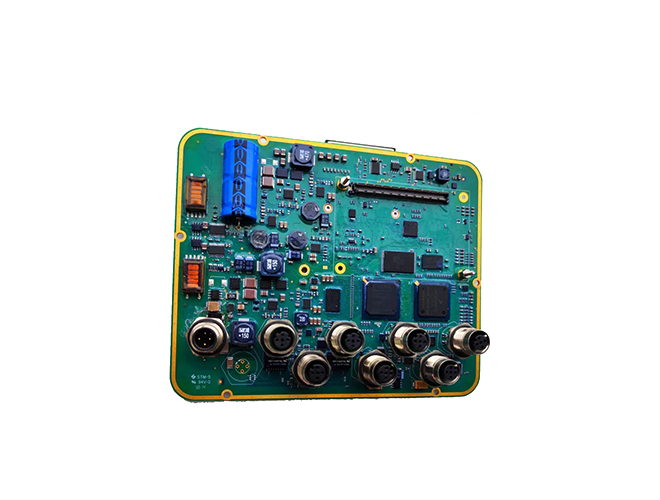-
CN
-
Service Hotline
+8618129931046 Mr. Liao


Time:2025-05-16 Views:1

PCB metal substrates are a specialized type of printed circuit board base material that combines the advantages of metal and traditional PCB materials. These substrates typically consist of a metal core, usually aluminum or copper, with a dielectric layer and a circuit - carrying layer on top. The use of metal substrates offers several unique properties and benefits that make them suitable for a variety of applications.
One of the key advantages of PCB metal substrates is their excellent thermal conductivity. Metals such as aluminum and copper are highly efficient conductors of heat. In electronic devices, heat generation is a common issue, especially in high - power applications such as LED lighting, power amplifiers, and automotive electronics. PCB metal substrates can quickly transfer the heat generated by components on the board to the metal core, which then dissipates the heat into the surrounding environment more effectively. This efficient heat dissipation helps to maintain the operating temperature of the electronic components within an acceptable range, preventing overheating, reducing thermal stress, and extending the lifespan of the components and the overall device.
Another benefit of PCB metal substrates is their mechanical strength. The metal core provides enhanced rigidity and durability compared to traditional organic substrates. This makes the PCB more resistant to mechanical stress, vibration, and shock, which is crucial in applications where the board may be subject to physical forces, such as in automotive engines, industrial machinery, and military equipment. The mechanical strength of metal substrates also allows for more compact and lightweight designs, as they can support heavier components without deformation.
In addition, PCB metal substrates offer good electromagnetic shielding properties. The metal core acts as a shield, reducing electromagnetic interference (EMI) and radio - frequency interference (RFI) between different components on the board and with external devices. This is particularly important in sensitive electronic systems, such as communication devices, medical equipment, and aerospace electronics, where signal integrity and electromagnetic compatibility are critical.
However, the use of PCB metal substrates also presents some challenges. The dielectric layer between the metal core and the circuit layer needs to have excellent insulation properties to prevent electrical short - circuits. Additionally, the manufacturing process of metal substrates is more complex than that of traditional PCBs, requiring special techniques for bonding the metal core, dielectric layer, and circuit layer together. Despite these challenges, the unique combination of thermal, mechanical, and electromagnetic properties of PCB metal substrates makes them an indispensable choice for many high - performance and specialized electronic applications.